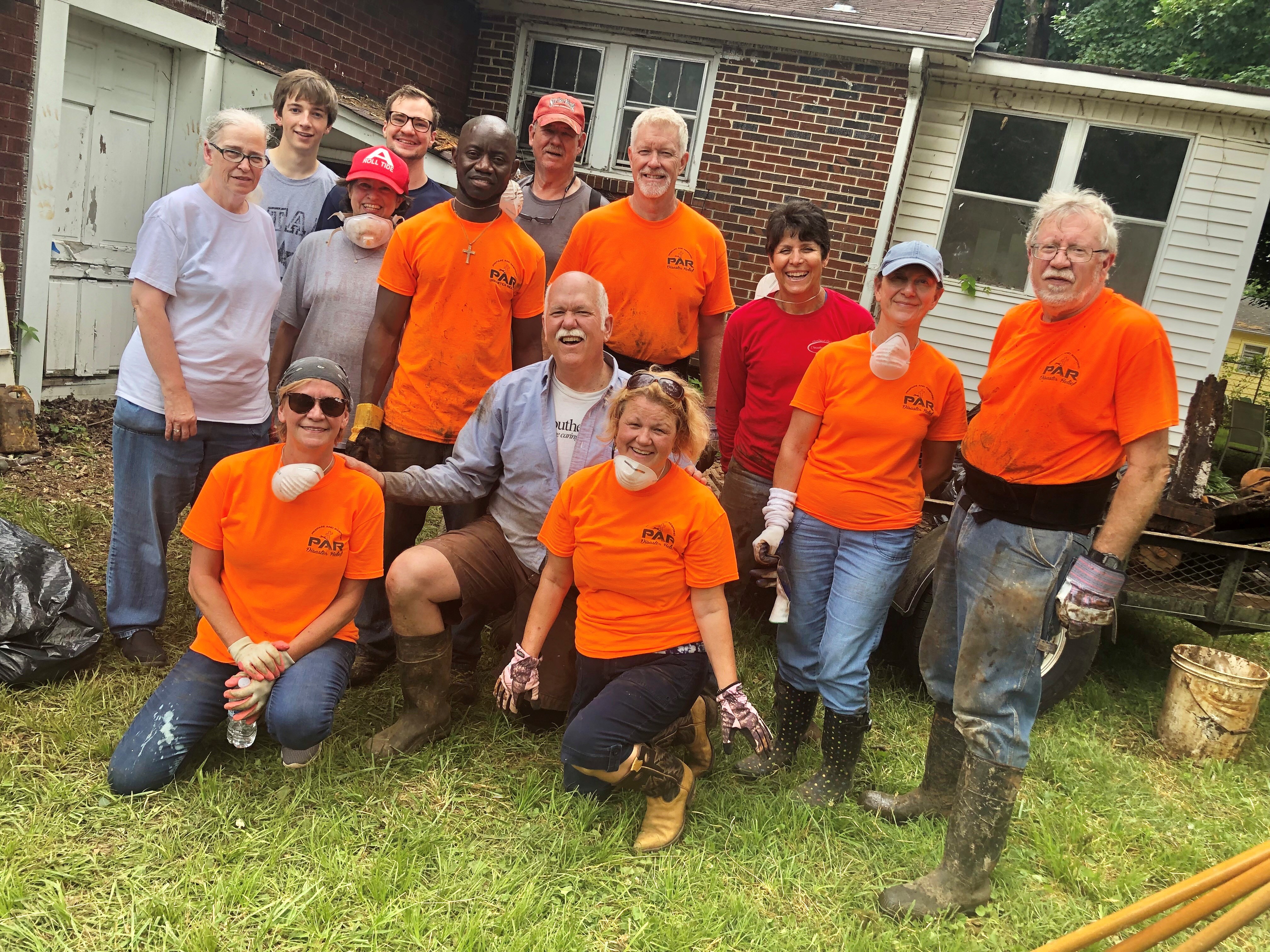City Council Reviews Code Enforcement Process for Neighborhood Properties
Published on June 14, 2019
The Huntsville City Council held a Work Session on Thursday, June 12, to review data from the Community Development department on their work to remedy code violations in neighborhoods. This included information on the number and type of citations against rental properties.
“Three months ago, we asked the Mayor to present a report on the status of property citations, primarily as they relate to neighborhood homes, and to review the process by which the City works to correct negligent situations,” said Devyn Keith, City Council President. “We don’t have a rental property ordinance on the table and there is no new property enforcement proposal to be considered at this time. We are here to learn and to process the facts.”
View a copy of the Community Development presentation HERE
The City’s Community Development works closely with neighborhood associations to identify properties that do not meet health and safety standards as determined by municipal codes and ordinances. When these cases occur, Community Development will notify the homeowner if there is a problem with their property and, if necessary, issue a citation. Special consideration and even assistance may be available for property owners who qualify.
Should the public nuisance continue, the City will take the property owner to court. In extreme cases, the property owner may serve jail time, and blighted property may be condemned and demolished.
“The challenge is always that one bad neighbor,” said Mayor Tommy Battle. “Maybe they don’t cut their grass, keep the bushes trimmed, or paint the house. That one neighbor makes it tough on everyone else.”
Community Development said the citation process works well and has a 97% compliance rate, meaning property owners correct the situation.
“The data corrects two common misconceptions; that the majority of violations are rentals or the result out of town property owners,” said Michelle Jordan, the City’s Director of Planning and Community Development. “The numbers show violations are about 50-50 owner-occupied/rental and the out of town violators are in the minority.”
The most extreme cases of non-compliance, according to Jordan, are most often with local owners. While the legal process to correct these difficult situations may be lengthy, Jordan says the system works. In 2018, Community Development issued 9,753 citations. Of those, 5,189 were for tall grass that needed to be mowed, 2,067 were for junk removals, and 1,493 were for structural issues – chipping paint, broken gutters, steps to repair, etc.
Community Development covers 218 square miles with 10 inspectors. Jordan said the department is planning to add additional inspectors to help manage the load as the City continues to grow.
Meanwhile, City Council Members plan to continue exploring ideas and options with City departments to potentially shorten the timeline on dealing with properties that become chronic nuisances while their cases are legally adjudicated.


